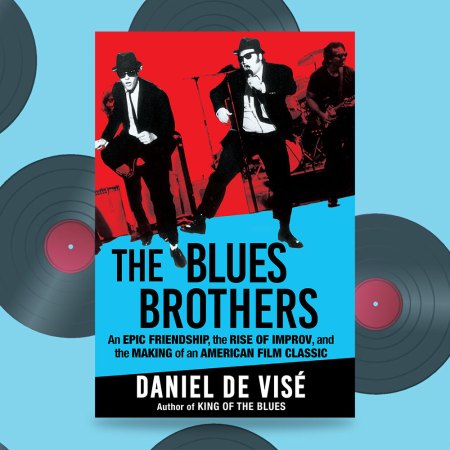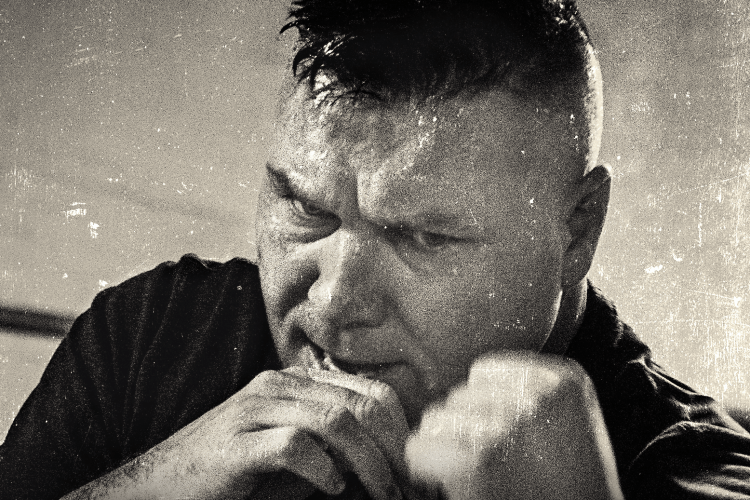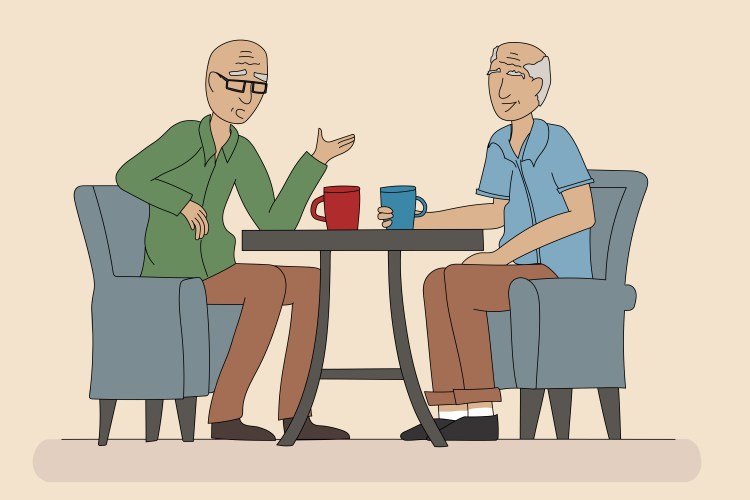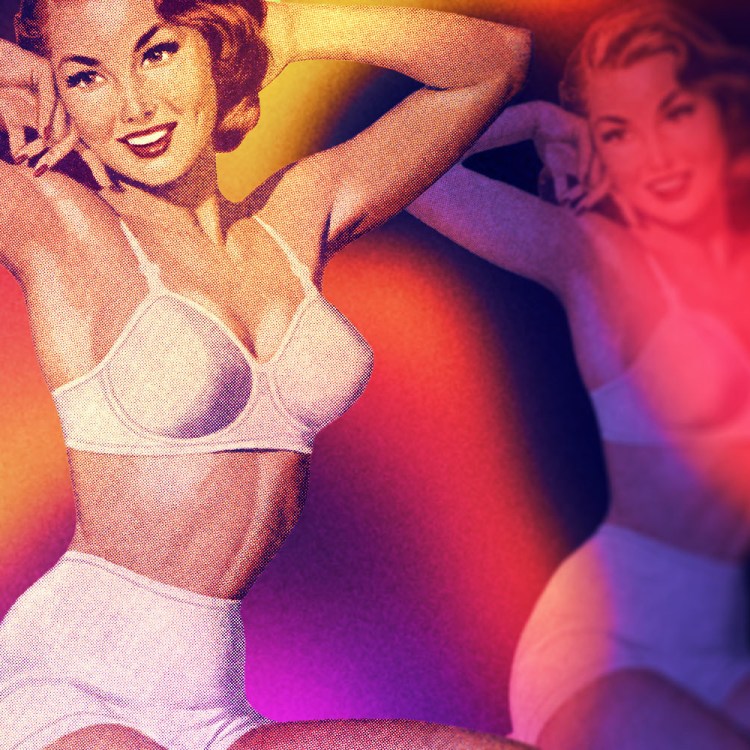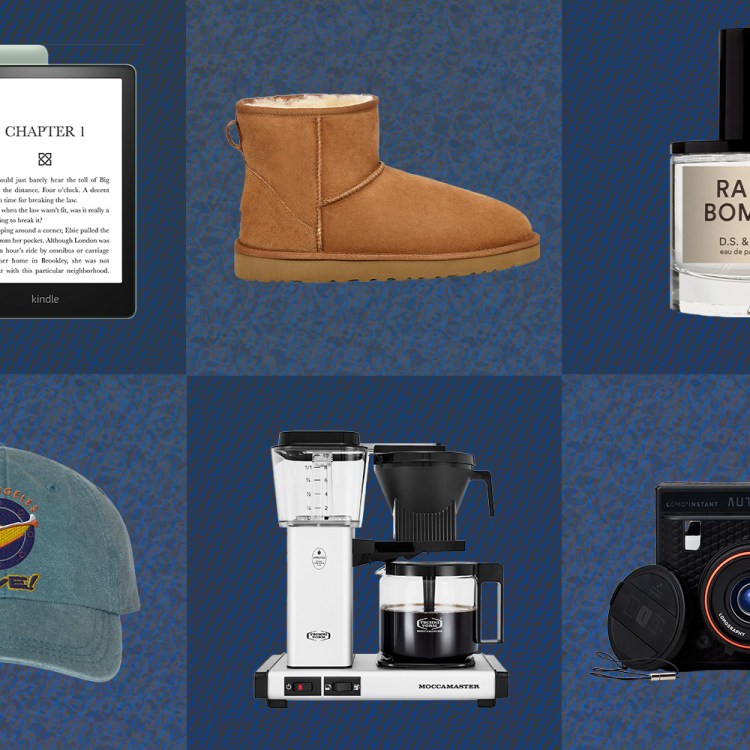This is the Gentleman’s Handbook, a recurring series on all the lemons life will hand you and how to prepare accordingly. This month: being a smarter investor.
Collecting rare books will probably never make you millions.
They do hold their value — a first-edition copy of The Sun Also Rises ain’t a Beanie Baby — but what a rare book really gives you is something greater: a personal, physical connection to a document that changed a perspective, or sparked a revolution, or captured the zeitgeist of a finite time and place.
So if you’re considering investing in a piece of inked history, know that great responsibility comes with it.
Below: tips on starting your collection from Darren Sutherland, Rare Books Manager at The Strand, Ron Morris, owner of Bohemian Bookworm and Chrissy Hunt, Rare Book Seller at Bauman Rare Books.
On where to begin…
Collecting rare books can be both fun and profitable, but it takes passion, knowledge and attention to detail. Find an expert dealer, make a friend of him or her, and ask questions. And, while the Internet has brought more transparency to the trade — in terms of both pricing and in availability — it still takes an old hand to make a judgment call on value. “So, caveat emptor,” says Darren Sutherland.
On where to look…
The web is flush with online aggregators of inventory. Of mention are Abe Books and Biblio. You can also check auction records. But the greatest resource will be the expert dealer. For that, there’s the Antiquarian Bookseller’s Association of America (ABAA). As members of the oldest trade organization for antiquarian bookselling around, ABAA booksellers have been through a rigorous screening process and have on average more than 20 years under their belt.
On what to collect…
Whatever interests you — invest in that. Is it modern literature or the classics? Are you into military memoirs or out-of-print German dictionaries? Do you like first editions, signed books or the full oeuvre of a single author? There’s no one way to do this.
Morris begins each year with a pep talk to his books: “Well, you didn’t sell last year. But, you’re all wonderful. We’ll do our best this year to get you off this shelf and into the world. Where your stories can live.”
His point is this: love your books. You may be with them for a long time. Returns tend to be slow in their appreciation, so make good use of them in the meantime. Show them to your friends, tell their stories, put them on the mantle … just don’t loan them out.
On what makes a book valuable…
Sentiment aside, Chrissy Hunt says there are three general factors that determine value in rare books. Age is not among them. The first is “Did this title have a significant cultural impact or shift the paradigm at the time?” Secondly, “How desirable is the particular copy in regard to social temperature and the book’s condition?” And, last: scarcity. That is, “How often does this piece typically surface?”
On what is coveted…
“Simply put, a book that is important in its field, in a desirable condition and in a collectible condition is a win,” says Sutherland. An edition can be desired for a number of reasons: the first, the “best,” the illustrated, volumes with rare artwork or presswork. “A good rule of thumb: if it’s an English author, find the English edition. A French author, seek out the French edition. And so on,” says Morris.
Also of note is a book’s provenance: Did previous owners leave marks or bookplates or marginalia? Were those owners famous in their own right? Unfortunately, your grandmother’s doodles won’t help here.
On the big guns…
“The 1865 Alice in Wonderland would be one of the most coveted books of all time,” says Sutherland. “The book was originally printed in an edition of 2,000 copies. One went to the illustrator, John Tenniel, who was so disappointed in the quality that he ordered them to pulp the edition. They went back to press and the first London trade edition came from that. They sold the remainder of the original 2,000 sheets to Appleton, who used them to produce the first American edition. The Strand had one of the American Alices a few years back (it sold for $15,000), but one of the original copies would fetch a great deal more.”
And a perennial bestseller like To Kill a Mockingbird is always popular, even more so with the recent passing of Harper Lee. “But generally, one should be very careful about buying a book solely because it’s trendy or in the news — that’s a little like chasing the market,” says Sutherland.
His personal white whale, though? A 1605 edition of Don Quixote. “To me it’s just such a perfect book — the humor, the pathos, it seems very modern to me in a peculiar way.”
On the the purity of your intentions…
Yes, there is coin to be made in the buying and selling of rare books. Bill Gates paid $31 million for Da Vinci’s Codex Leicester. Chaucer has sold for as much as $7.5 million. But for the dealers we met, this hobby seemed to be more about passion than profit.
“Sometimes you don’t know how many editions there were printed,” says Hunt. “You know the book is very rare, but not necessarily how rare. The not-knowing makes it even more special.”
If you do choose to take the dive, take care of your wares. When we asked Morris about what his collection means to him, he chose his words carefully:
“I don’t give a shit. I’m not a collector. I’m not a dealer. I’m a preservationist. I just want to make sure these pieces of history have a long lifetime.”
Whether you’re looking to get into shape, or just get out of a funk, The Charge has got you covered. Sign up for our new wellness newsletter today.
